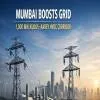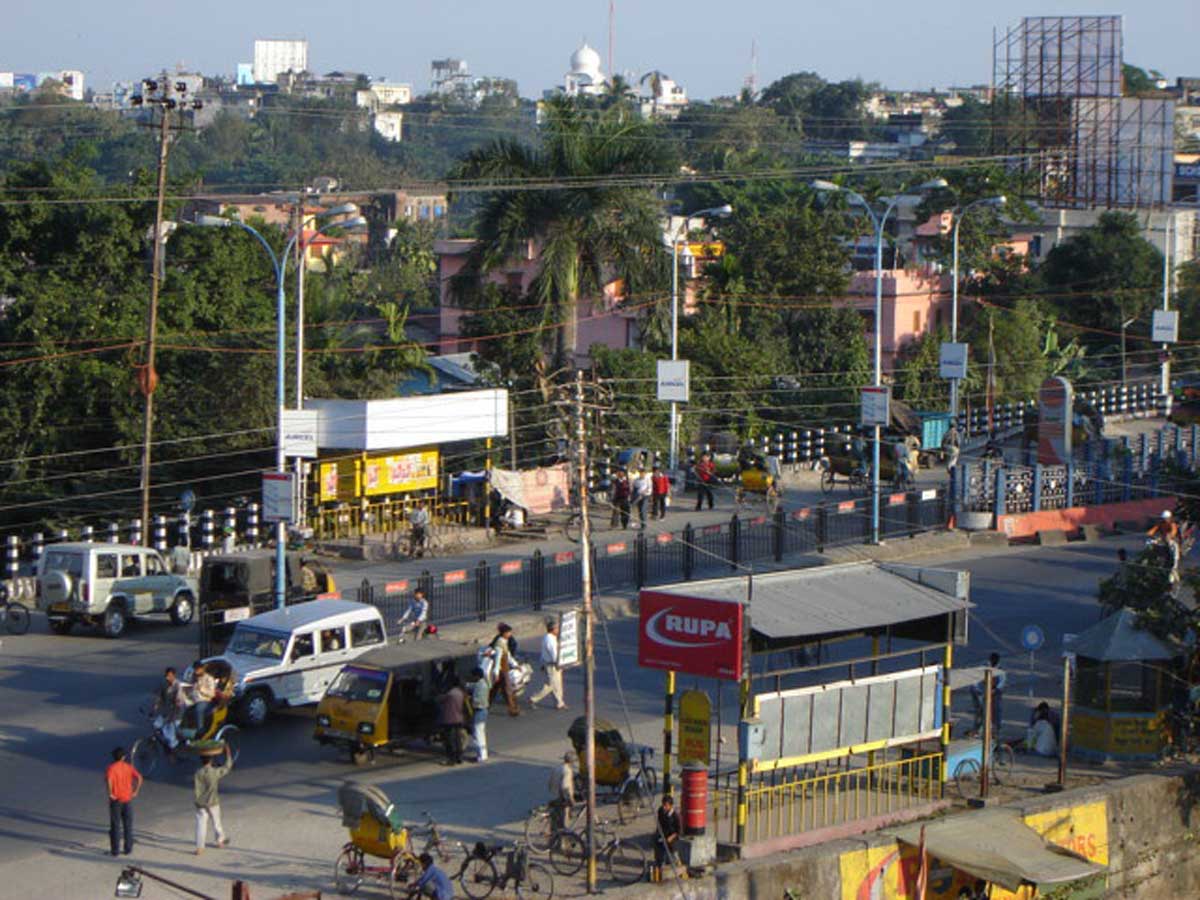
WB transport dept drafting guidelines for 2Ws commercial use
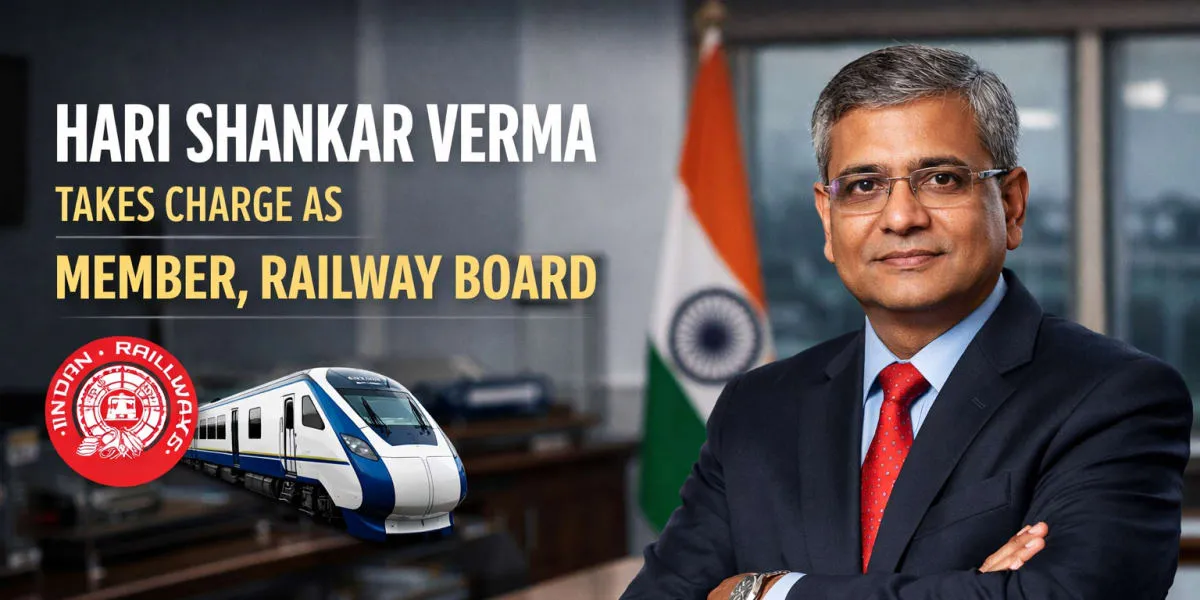
Hubballi Station To Get Rs 4 Billion Makeover, Says Joshi
The South Western Railway (SWR) has launched an ambitious plan to redevelop Hubballi Railway Station at an estimated cost of Rs 4 billion, Union Minister for Consumer Affairs, Food and Public Distribution and New and Renewable Energy Pralhad Joshi announced on Friday. Addressing a press conference after chairing a review meeting of railway officials at Rail Soudha in Hubballi, the minister said that after Bengaluru, Hubballi is the busiest station in the railway zone, serving nearly 50,000 passengers daily. “Hubballi Railway Station holds special significance within the Indian Railways netwo..
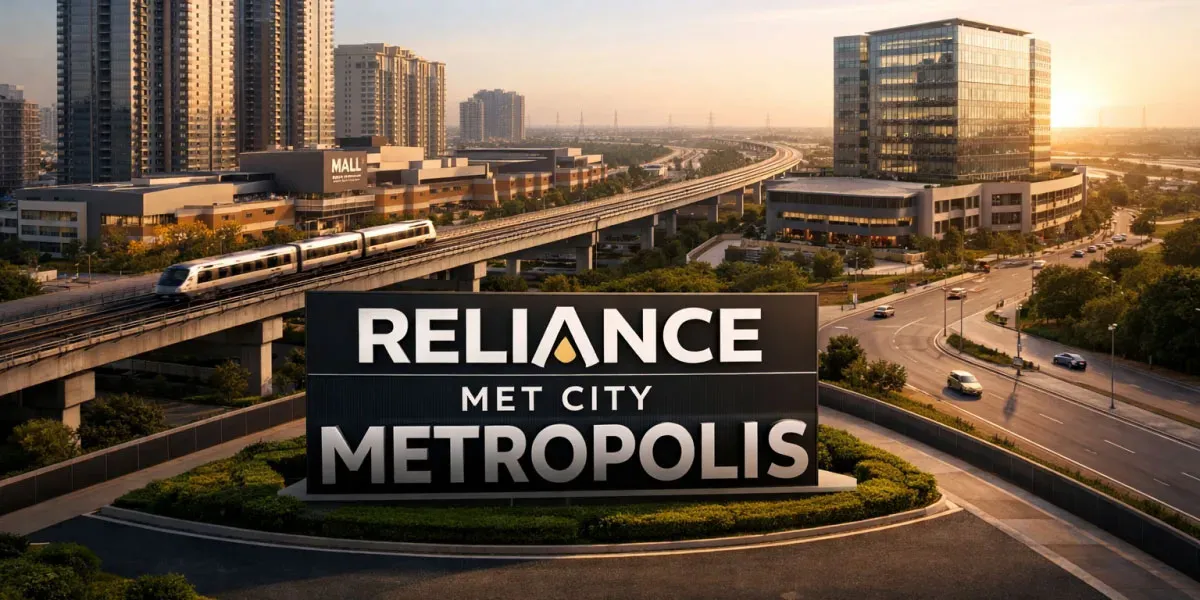
Reliance MET City Launches Metropolis Project In Haryana
Reliance MET City (RMC) has launched Metropolis, an integrated mixed-use project in Haryana that is expected to redefine the regional urban landscape. RMC said the development will combine residential, commercial and leisure components to meet rising demand for organised urban spaces. The project has been positioned to benefit from existing and planned transport links and municipal infrastructure, and aligns with regional plans for sustainable urbanisation. Company representatives framed the initiative as part of a broader expansion strategy in northern India. The Metropolis project will inco..
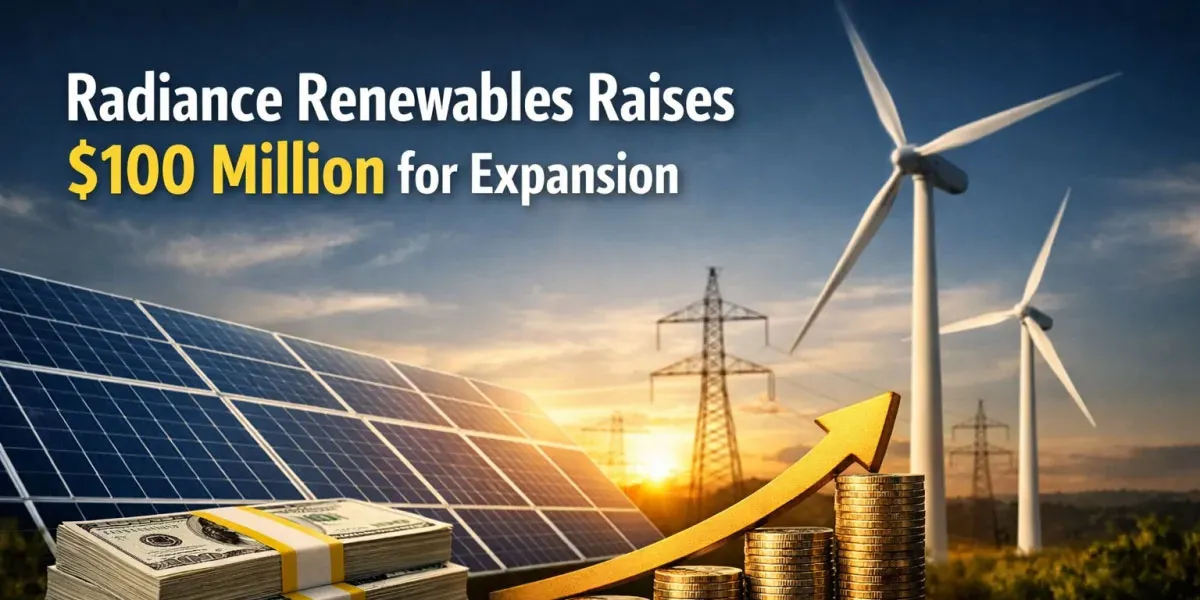
Radiance Renewables Raises 100 Million Dollars for Expansion
Eversource-backed Radiance Renewables has secured 100 million dollars (100 mn dollars) in funding from Impact Fund Denmark and FMO to support its expansion. The investment will bolster the company's capital base and enable acceleration of project development and deployment. Radiance Renewables is positioning itself to scale its renewable energy portfolio and strengthen operational capabilities. The funding round reflects growing investor appetite for climate-focused infrastructure. Impact Fund Denmark and FMO are established impact investors that channel capital into sustainable energy projec..










